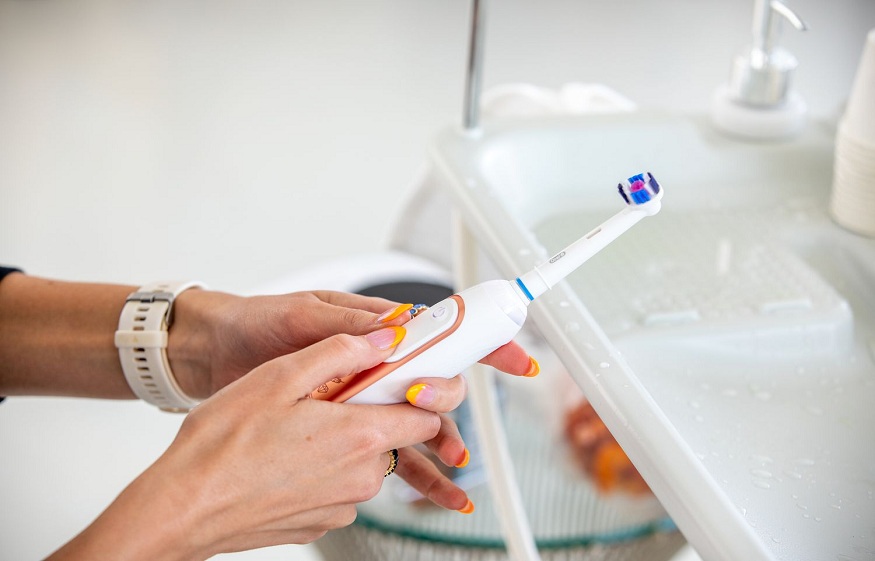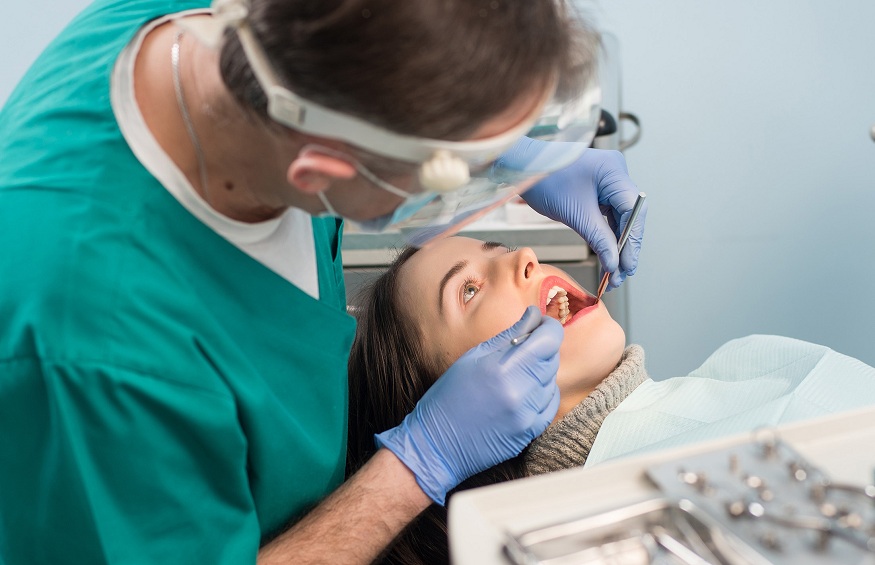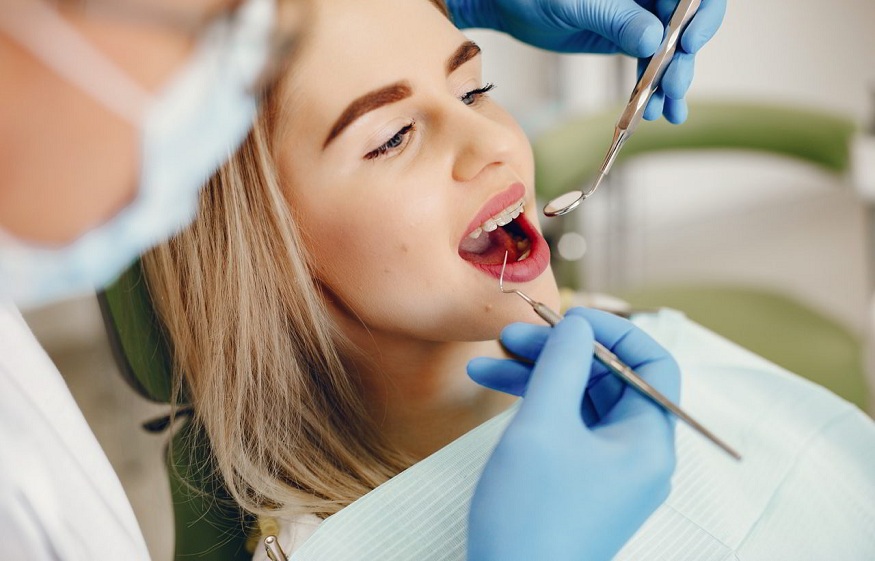Electric Toothbrush vs. Manual Toothbrush: Which is Better?
Brushing your teeth daily is an essential habit for maintaining the wellness and cleanliness of your teeth and gums. With advancements happening in the oral care industry, we have now been given the choice of selecting between a manual and electric toothbrush. While effective teeth cleaning can be carried out by both types of brushes, it is important to know the pros and cons of both options to select the right one properly. Here we look at all the possible cases for choosing between the electric vs manual toothbrush option.
Manual Toothbrush
Manual toothbrushes have been used by people for decades for cleaning their teeths and are the most common type of toothbrush. Manual toothbrushes come in a variety of sizes, shapes, and bristles, and they are widely available and affordable. These types of toothbrushes are also convenient for travel needs because they do not require batteries or charging and provide a hassle-free option.
1. Advantages of Manual Toothbrush
A major advantage of a manual toothbrush is that it allows better control over the cleaning process. You can adjust the pressure and speed through your hands to ensure effective and proper cleaning of all areas of the mouth. Manual toothbrushes are also better at removing plaque and germs from hard-to-reach areas of the mouth as you can seamlessly control the movement of the brush
2. Disadvantages of Manual Toothbrush
However, using a manual toothbrush will take more of your effort and time to effectively brush your teeth. Maintaining a consistent brushing technique for the recommended two minutes can also be difficult since you will have to maintain an external timer every time. The bristles of a manual toothbrush also wear down quickly, reducing the effectiveness of cleaning over time. Also, manual toothbrushes may not be suitable for people with arthritis or other hand and wrist issues.
Electric Toothbrush
Electric toothbrushes are becoming more and more popular in today’s time and many people preferring electric toothbrushes over manual ones. An electric toothbrush comes with several features such as timers, pressure sensors, multiple cleaning modes, and long battery life cycle. There are two types of electric toothbrushes: vibrating/rotating and sonic.
Oscillating/rotating toothbrushes have small round heads that make a circular or oval motion, while sonic toothbrushes have larger oval heads that vibrate from side to side. Both types effectively remove plaque and clean your teeth.
1. Advantages of Electric Toothbrush
A big advantage of an electric toothbrush is that it is more efficient than a manual toothbrush, allowing you to clean your teeth properly and for the recommended time. The electric toothbrush also has a timer that will ensure that you brush for the recommended two minutes, while a pressure sensor alerts you if you brush too hard. This can be particularly useful for people with braces or clear aligners.
2. Disadvantages of Electric Toothbrush
However, an electric toothbrush can be more expensive than a manual toothbrush and it also requires batteries or charging. It can also be bulkier than a manual toothbrush, making it less convenient for traveling and camping.
Cost of Electric vs Manual Toothbrush
Cost is another factor to consider when choosing between an electric toothbrush and a manual toothbrush. Although electric toothbrushes cost more upfront, they can be more cost-effective in the long run because they last longer and need to be replaced less often. Whereas, manual toothbrushes have to be replaced every 3 months which can be more costly with time. makeO toothsi offers you an affordable range of electric toothbrushes with advanced technology.
Which Toothbrush is Best For You?
Choosing between electric toothbrush vs manual toothbrush ultimately comes down to personal preferences and needs. If you want more control over your brushing process and are on a tight budget, a manual toothbrush may be your best bet. However, if you want to brush your teeth more efficiently and conveniently, an electric toothbrush may be a better choice.
People with hand and wrist problems may find an electric toothbrush easier to use, while frequent travelers may prefer a manual toothbrush. Electric toothbrushes are also more effective at removing plaque and may be better for people with braces, dental work, or other dental problems. Both electric and manual toothbrushes have advantages and disadvantages. Choosing between the two depends on personal preferences, needs and budget.



